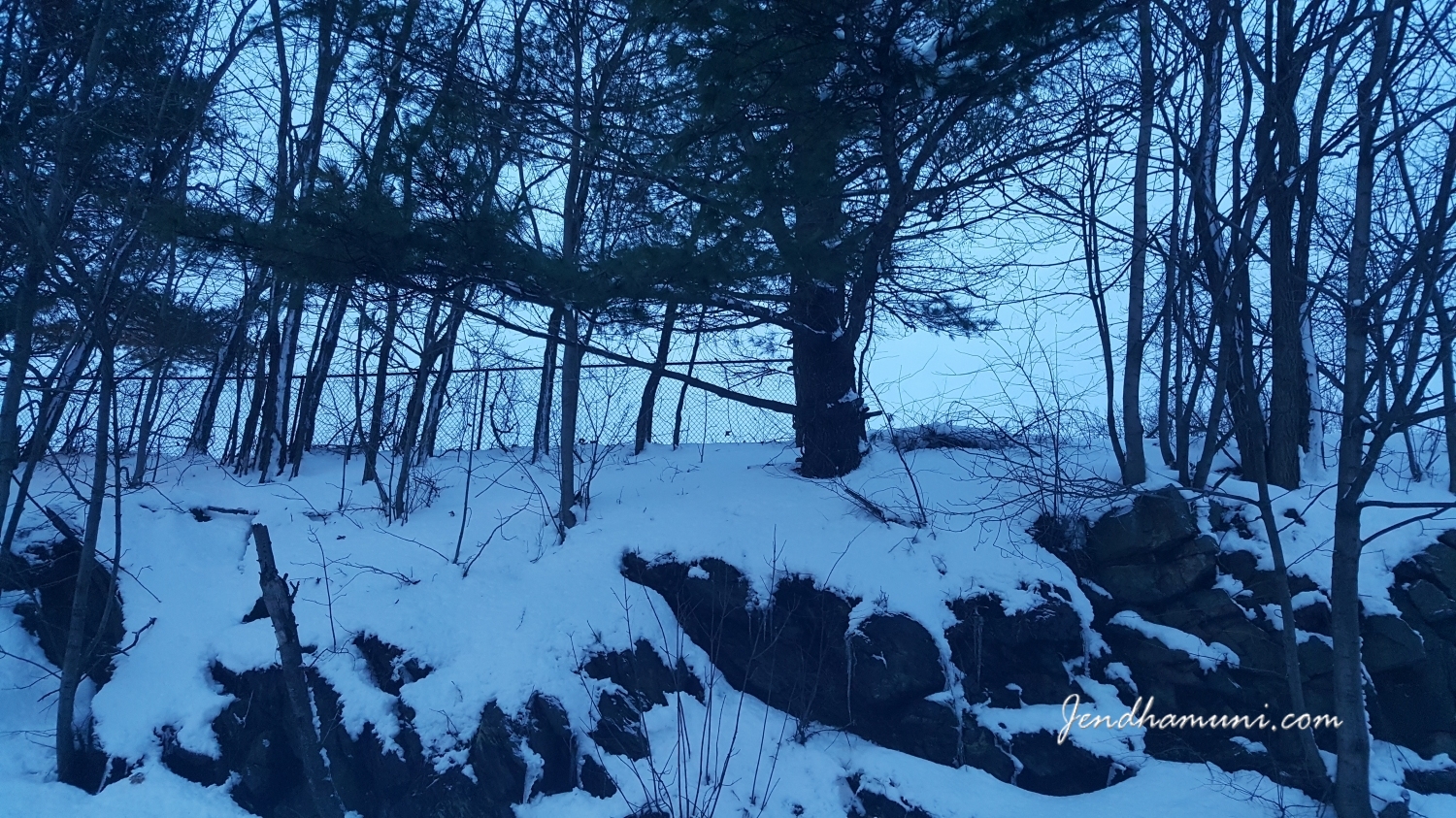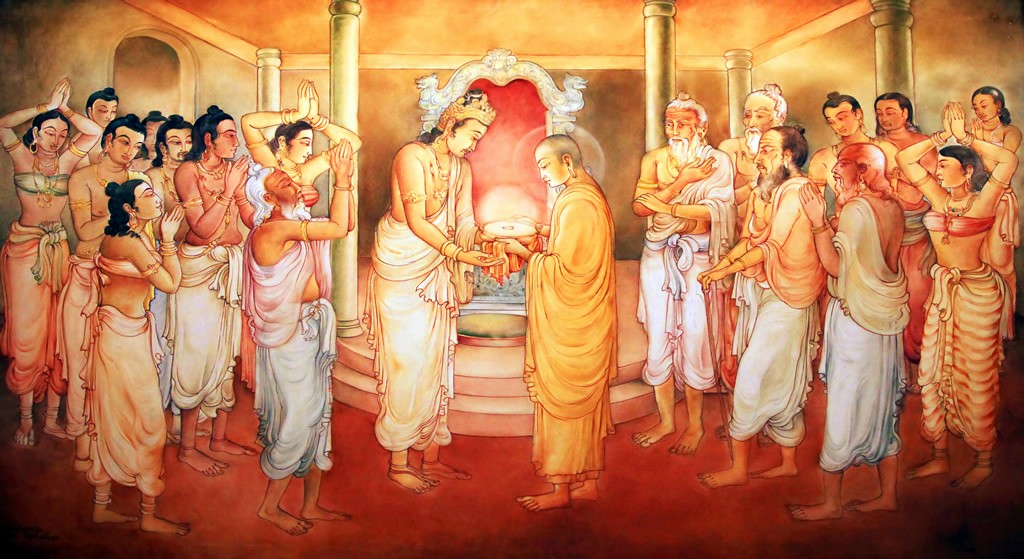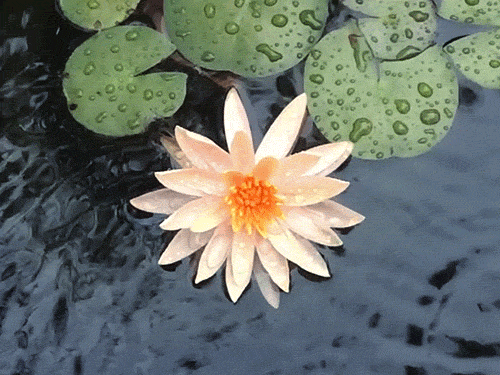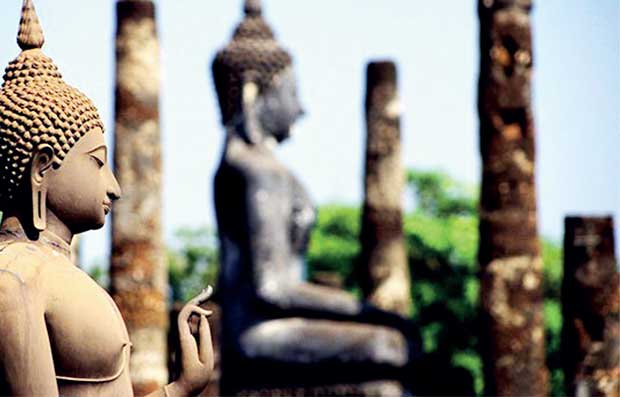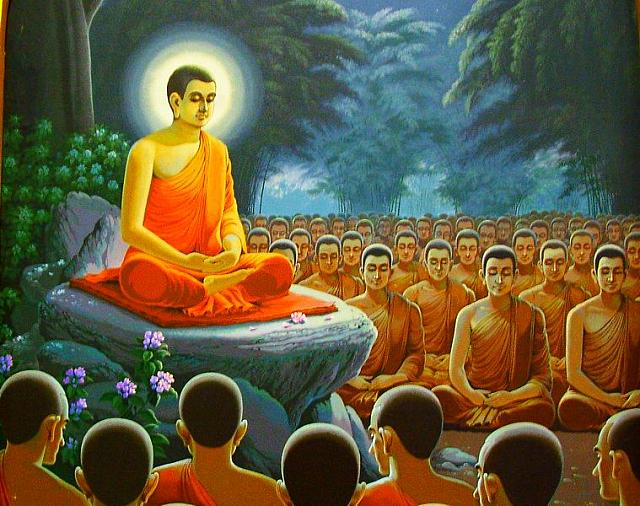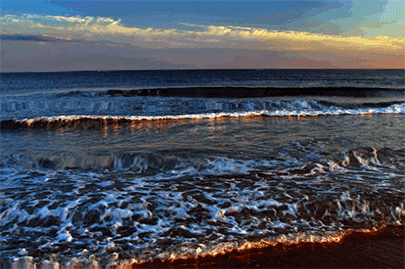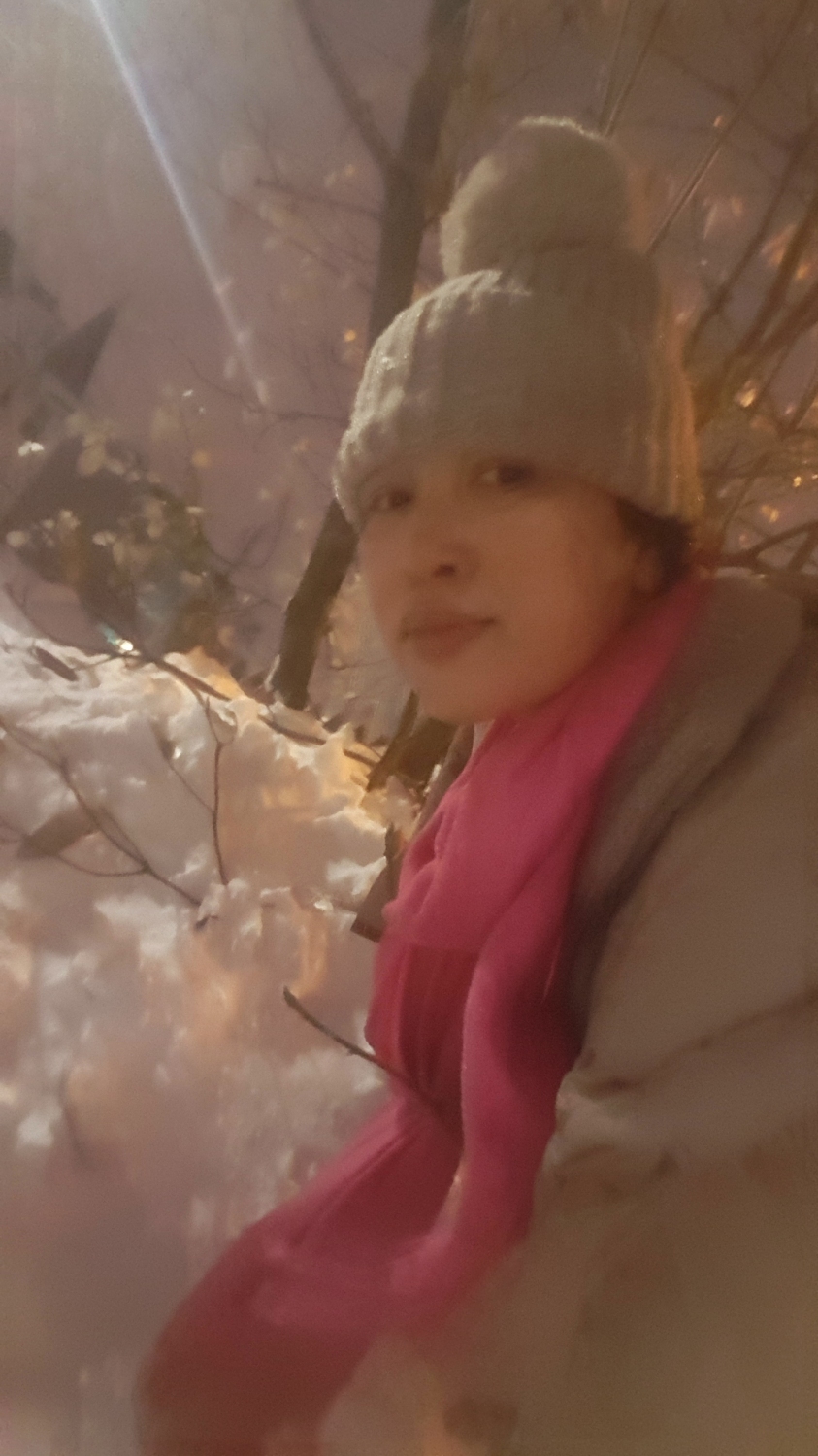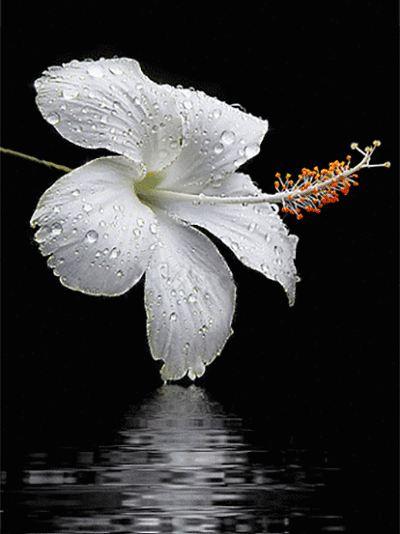-
Comment March 15, 2018
-
Make the world a better place for people
Comment March 15, 2018 -
To be without desires is more pleasurable still
Comment February 14, 2018 -
Abandoning hope
Comment January 18, 2018Hope and fear is a feeling with two sides. As long as there’s one, there’s always the other. This is the root of our pain. In the world of hope and fear, we always have to change the channel, change the temperature, change the music, because something is getting uneasy, something is getting restless, something is beginning to hurt, and we keep looking for alternatives.
In a nontheistic state of mind, abandoning hope is an affirmation, the beginning of the beginning. You could even put “Abandon hope” on your refrigerator door instead of more conventional aspirations like “Every day in every way I’m getting better and better. ~ Pema Chödron
-
Clinging to our hopes and fears
Comment January 16, 2018Most of the time we are trying to make the good things last, or we are thinking about replacing them with something even better in the future, or we are sunk in the past, reminiscing about happier times. Ironically, we never truly appreciated the experience for which we are nostalgic because we were too busy clinging to our hopes and fears at the time. ~ Dzongsar Khyentse Rinpoche
-
What is merit
Comment January 16, 2018From one perspective, merit is “ability”; all the abilities, in fact, that make it possible for us to hear, contemplate, meditate on and practise the dharma, including the ability to feel curious.
These days our merit is so limited that the vast majority of human beings are unable to recognise how special dharma is. Not only do we lack the merit to practise the dharma, we have so little that we can’t even enjoy samsaric life. ~ Dzongsar Khyentse Rinpoche
-
As they truly are
Comment January 15, 2018As the Buddha said to the gathering of monks during his teachings on the vinaya, discipline helps us maintain samadhi, becoming accustomed to samadhi lengthens our periods of sobriety, and sobriety is none other than wisdom. Having realised wisdom, we are no longer bound by desire, anger and ignorance, and are able to perceive all phenomena as they truly are. ~ Dzongsar Khyentse Rinpoche
-
When we’re completely free of all hunger, desire, and want
Comment January 15, 2018 -
What is the world full of?
Comment January 12, 2018 -
To believe straight away is foolishness
Comment January 12, 2018To believe straight away is foolishness, to believe after having seen clearly is good sense. That is the Buddhist policy in belief; not to believe stupidly, or to rely only on people, textbooks, conjecture, reasoning, or whatever the majority believes, but rather to believe what we see clearly for ourselves to be the case. This is how it is in Buddhism. ~Buddhadasa



